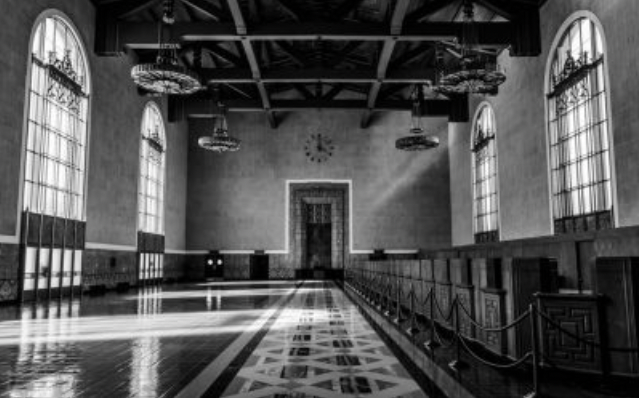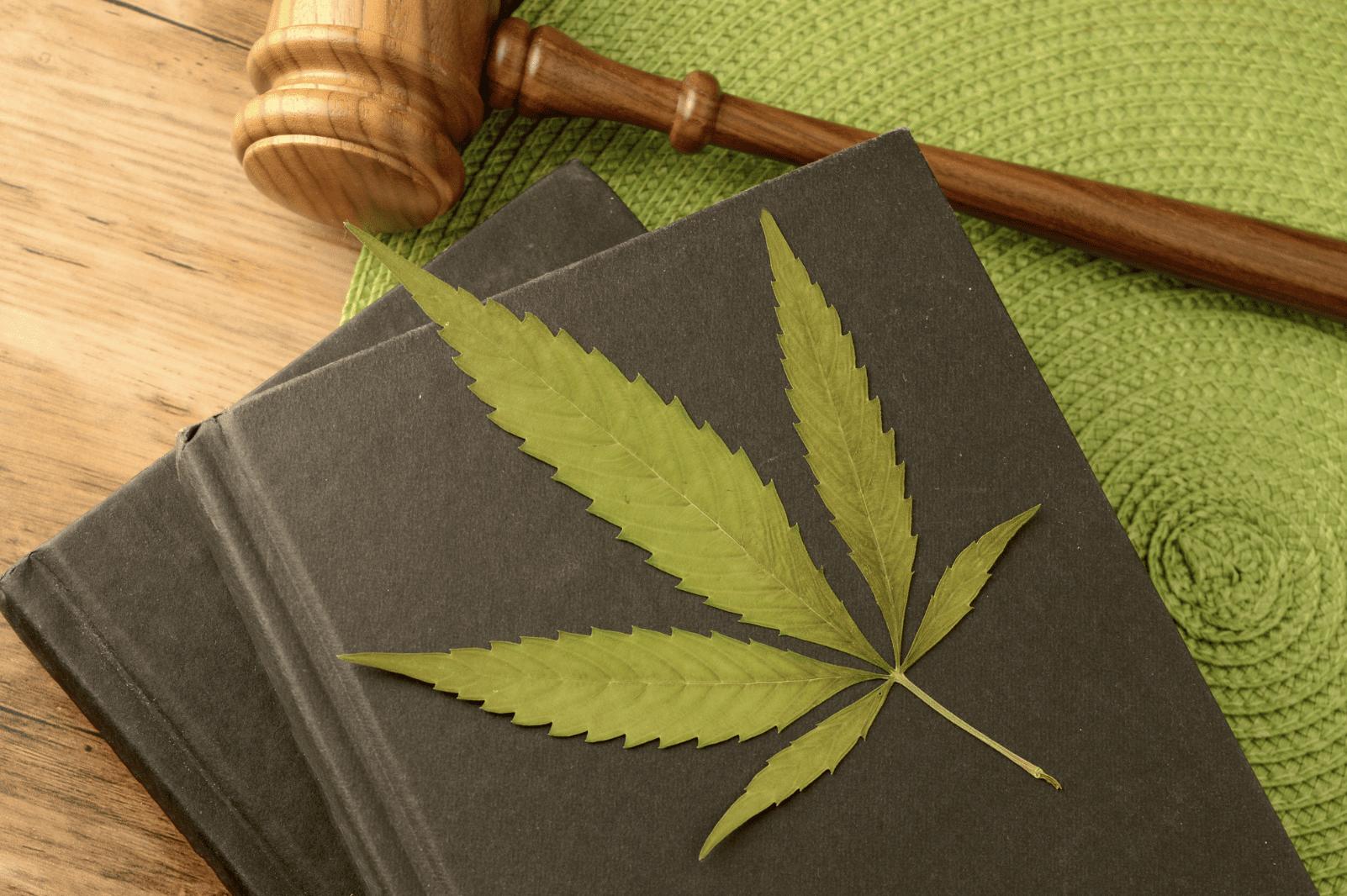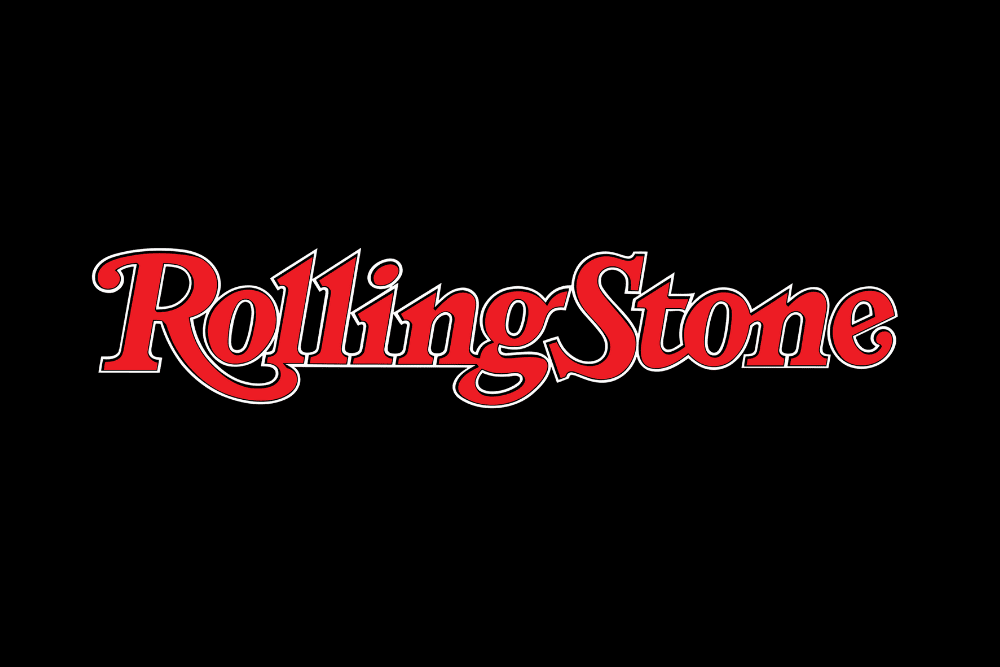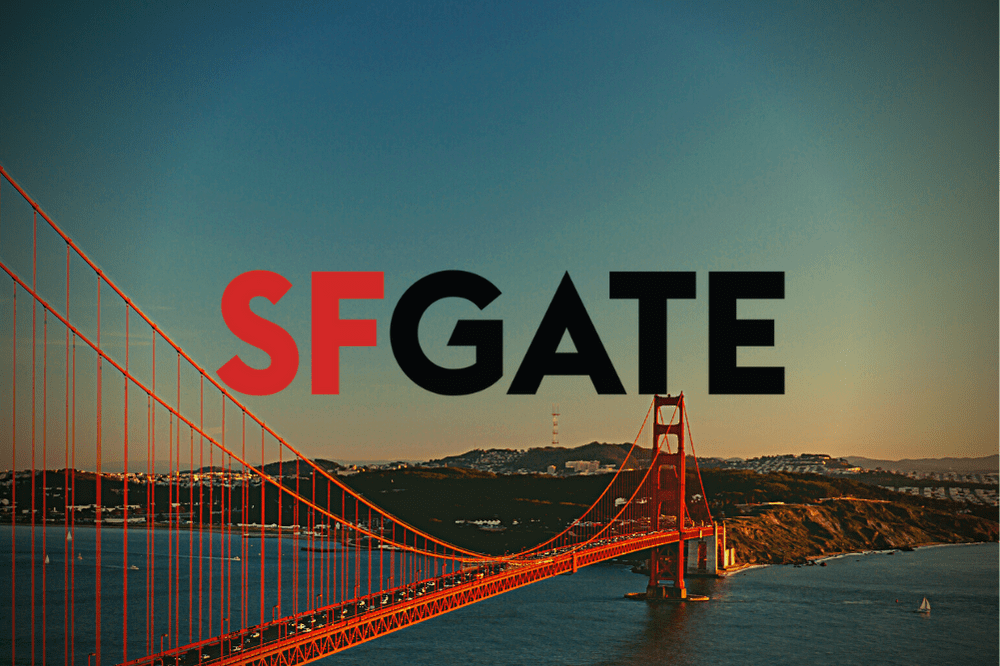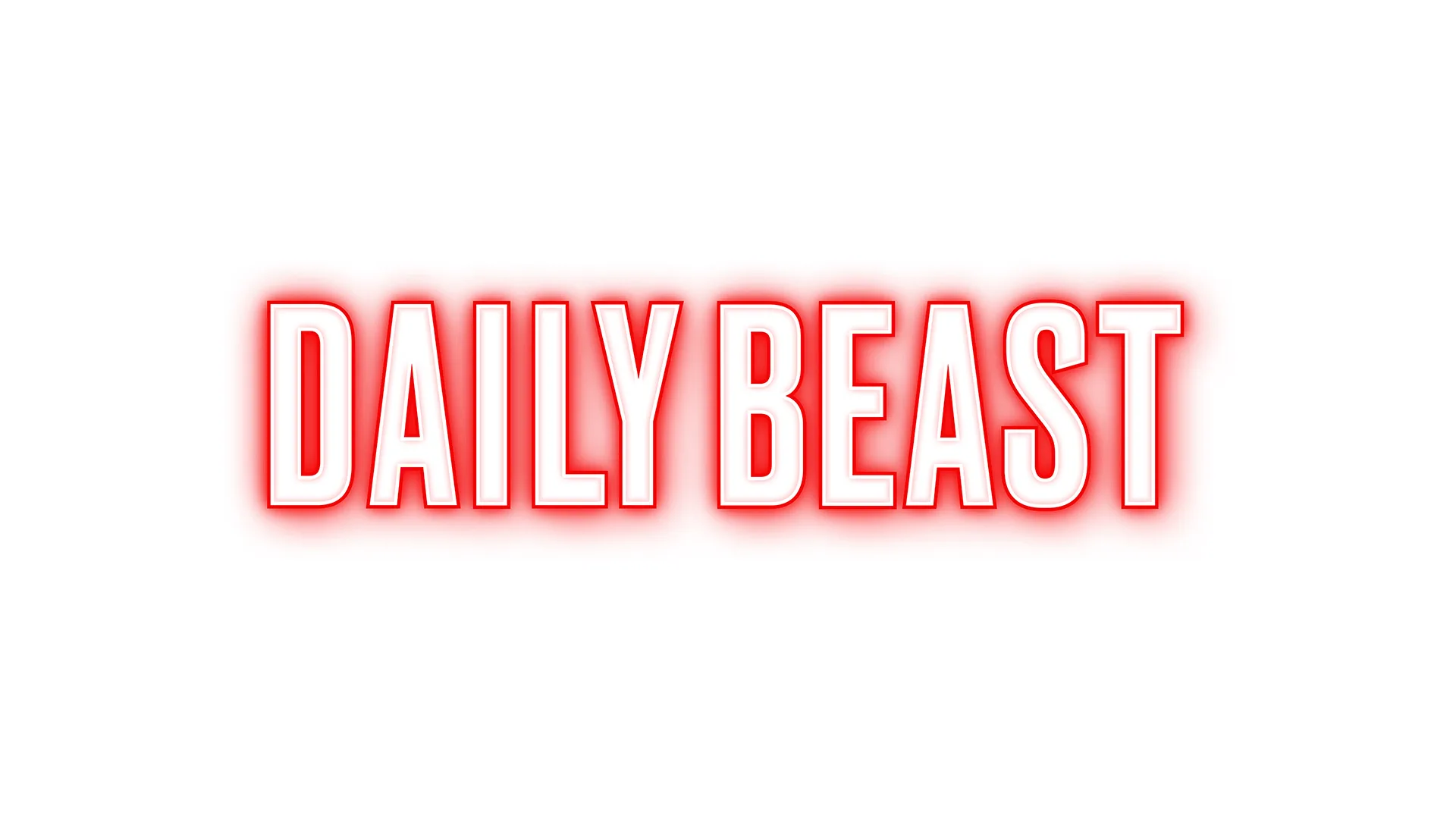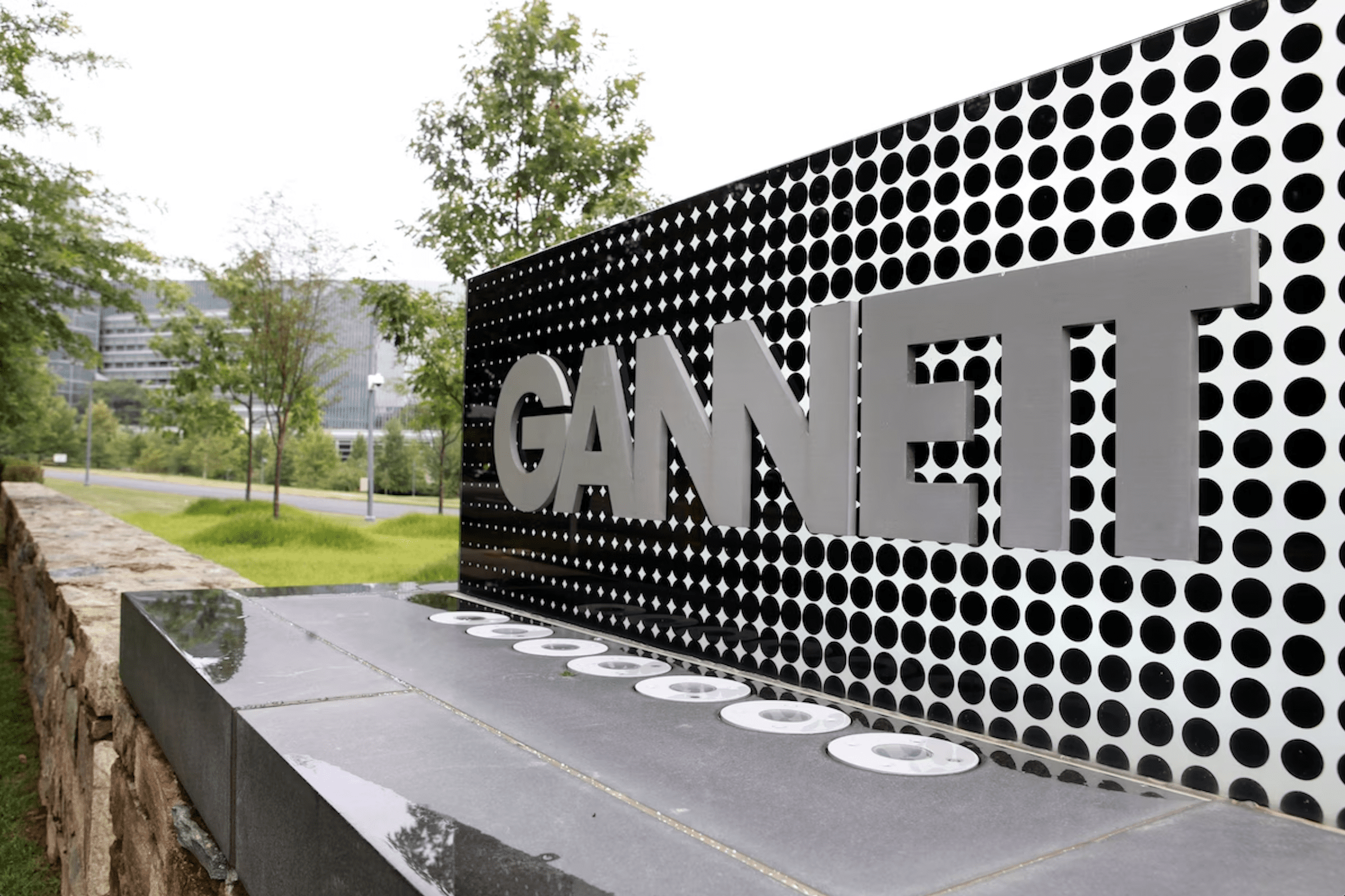A week before New York City’s app-based delivery workers were poised to see an hourly minimum wage increase, several tech companies fired a legal salvo that has temporarily delayed this change.
Doordash, GrubHub, Uber and Relay filed lawsuits in Manhattan state civil court on 6 July, alleging that a recently greenlit $17.96 hourly minimum wage for app delivery workers – set to start on 12 July – would deal a blow to their business, also claiming it would harm this legion of workers. Under the law, the minimum wage would increase to some $19.96 for app delivery workers in 2025.
One day after the suits’ filing, Judge Nicholas W Moyne, who is presiding over these companies’ respective cases, granted their request for a preliminary injunction that blocks the new minimum wage from going into effect for at least two weeks. Moyne has scheduled arguments on this temporary restraining order for 31 July.
While Moyne’s decision on this is just one of many steps in what will probably be lengthy, complicated litigation, advocates nationwide are expected to keep a close eye on developments, as New York City’s labor regulations are often seen as a bellwether for feasibility elsewhere. If New York’s efforts succeed, other municipalities might feel emboldened to enact similar regulations – but if they fail, concerns about onerous legal battles might deter officials elsewhere from following Gotham’s lead, advocates say.
“New York City is attempting to protect these workers and ensure that they – like all other workers – are able to be paid the minimum wage,” said Elizabeth Saylor, citywide director of the Legal Aid Society’s employment law unit.
While a state-level lawsuit in New York wouldn’t set legal precedent outside this state, the city’s perception as a leader means this litigation’s outcome could cut two ways.
“If New York City is prohibited from doing so, it’s likely to chill other municipalities in states from taking on these large companies, due to the expense of fighting it,” Saylor said. “New York City often passes protections for workers’ rights and when other municipalities see the protections working in practice, those municipalities sometimes pass their own laws.
“The judge’s decision is already having an impact on workers’ rights, because it will delay the implementation of the increased wages for at least two weeks,” Saylor also said, noting that the delivery drivers are “overwhelmingly people of color and immigrants.”.
Ligia Guallpa, executive director of Workers Justice Project, which helms a group of protection-seeking delivery drivers called Los Deliveristas Unidos, said they want minimum pay so as not to rely on tips as their main source of income. Local officials have said that delivery workers receive approximately $11 hourly after tips, given their out-of-pocket expenses – which is $4 less than New York City’s minimum wage of $15.
“The implications on the national level are huge here because we are setting the wage floor for not only delivery workers in New York – we’re setting the example for across the country in terms of setting up basic labor protections for app delivery workers and independent contractors who, by design have been completely excluded from labor protections such as minimum wage laws,” Guallpa said. “This legislation will not only increase the minimum pay for app delivery workers, but will uplift the lives of thousands of workers, who right now are pretty much surviving on poverty wages.”
Guallpa said advocates hoped for a “quick decision in establishing a pay rate, so that workers can earn a living wage without any further delay”.
Camron Dowlatshahi, a California attorney with MSD Lawyers, whose work has included wage and hour violations as well as other employment disputes, said that the west coast state and New York’s respective efforts could have ripple effects elsewhere. (California’s highest court will weigh a case over a state law on gig work that permits companies to treat app-based workers as independent contractors rather than employees.)
“While New York law for example, isn’t precedential for California law and vice versa, in certain circumstances, it’s absolutely persuasive,” Dowlatshahi said. “It’s unclear which will get decided first – I think your preliminary injunctions in the New York cases will probably get decided first [but] it could have persuasive effects on the other state.”
As advocates await the upcoming proceeding, delivery apps have expressed satisfaction with the preliminary injunction; they have largely insisted on their support of worker protections, maintaining they oppose the rule’s implementation, but not its intent. Grubhub said it was “pleased with the judge’s decision on Friday to delay implementation of a rule that, if allowed to stand, will have serious adverse consequences for delivery partners, consumers and independent businesses”.
New York City officials have expressed dismay over the preliminary injunction but hope that the judge will soon rule in their favor. “We are extremely disappointed that the apps are delaying the implementation of the minimum pay rate. These apps currently pay workers far below the minimum wage, and this pay rate would help lift thousands of working New Yorkers and their families out of poverty,” Vilda Vera Mayuga, commissioner of New York City’s department of consumer and worker protection, said in a statement.
“We look forward to a quick decision so that the dignified pay rate that workers deserve to earn is not delayed any more than necessary.”
I hope you appreciated this article. Before you move on, I was hoping you would consider taking the step of supporting the Guardian’s journalism.
From Elon Musk to Rupert Murdoch, a small number of billionaire owners have a powerful hold on so much of the information that reaches the public about what’s happening in the world. The Guardian is different. We have no billionaire owner or shareholders to consider. Our journalism is produced to serve the public interest – not profit motives.
And we avoid the trap that befalls much US media – the tendency, born of a desire to please all sides, to engage in false equivalence in the name of neutrality. While fairness guides everything we do, we know there is a right and a wrong position in the fight against racism and for reproductive justice. When we report on issues like the climate crisis, we’re not afraid to name who is responsible. And as a global news organization, we’re able to provide a fresh, outsider perspective on US politics – one so often missing from the insular American media bubble.
Around the world, readers can access the Guardian’s paywall-free journalism because of our unique reader-supported model. That’s because of people like you. Our readers keep us independent, beholden to no outside influence and accessible to everyone – whether they can afford to pay for news, or not.
—
Related Information

